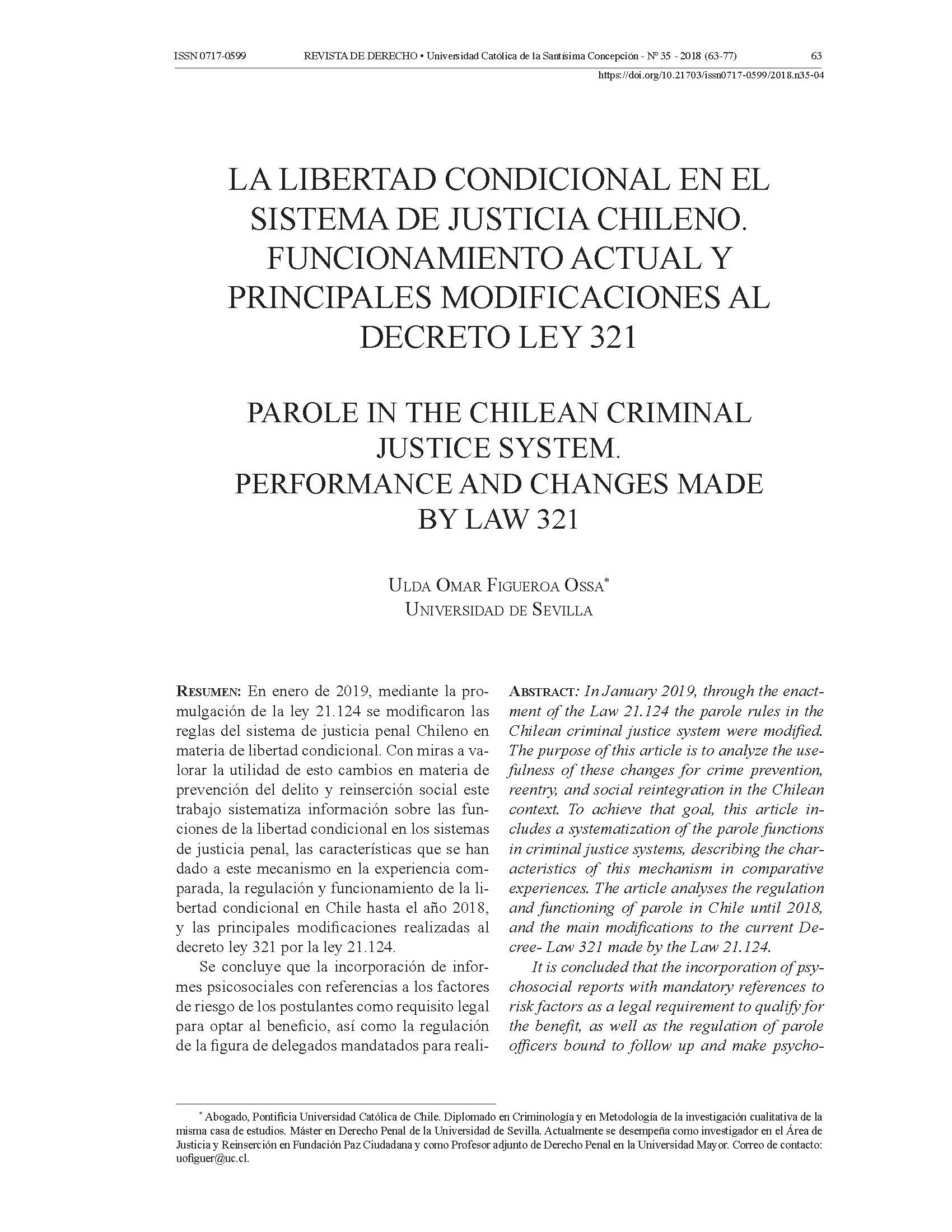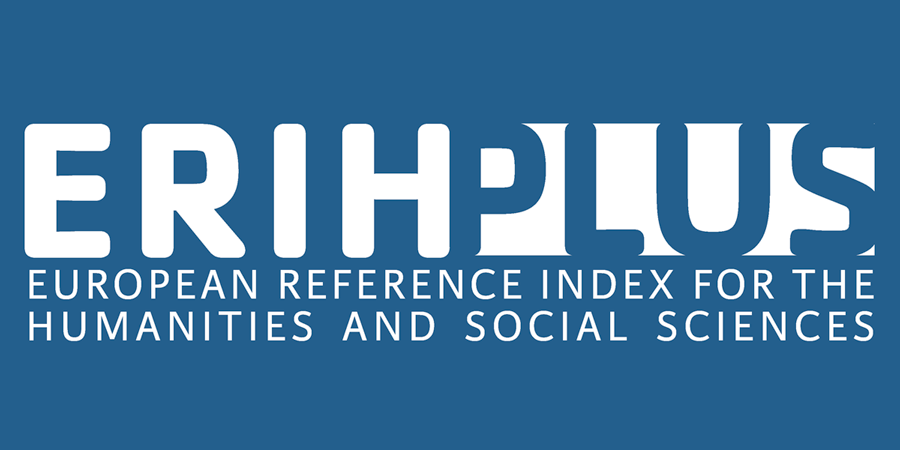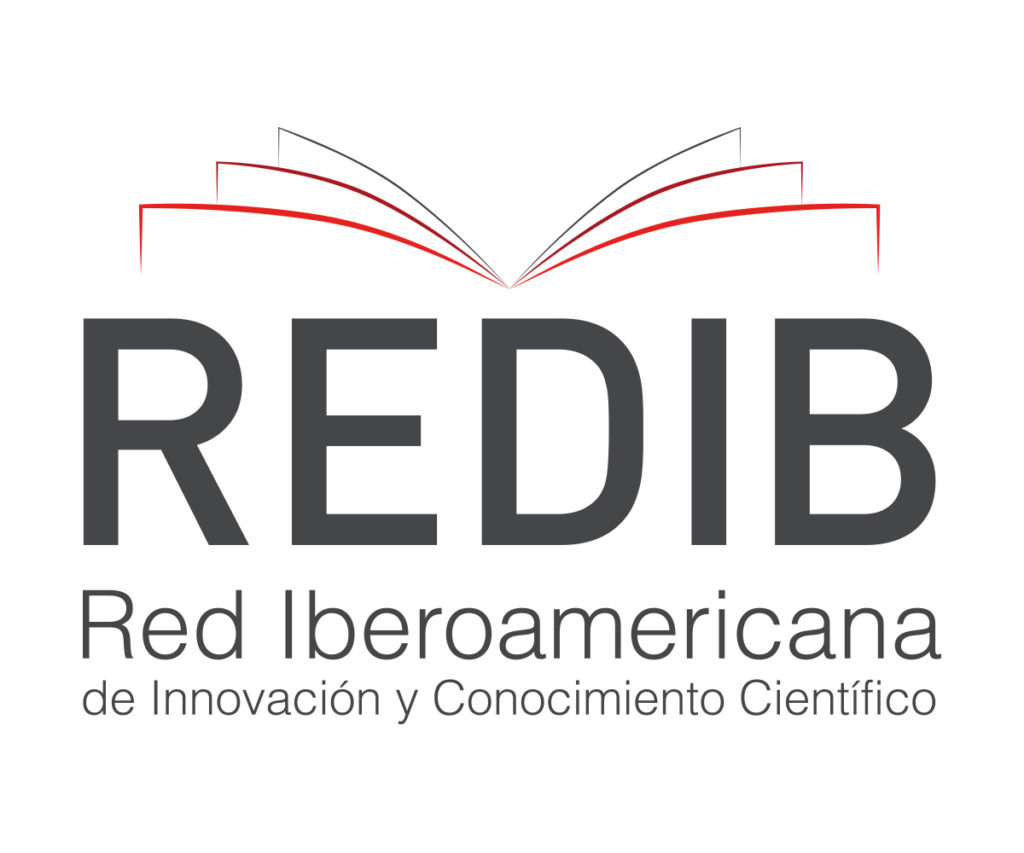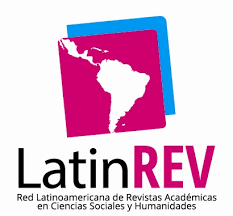La libertad condicional en el sistema de justicia chileno. Funcionamiento actual y principales modificaciones al decreto ley 321
DOI:
https://doi.org/10.21703/issn0717-0599/2018.n35-04Palabras clave:
libertad condicional , reinserción social, decreto ley 321, libertad condicionalResumen
En enero de 2019, mediante la promulgación de la ley 21.124 se modificaron las reglas del sistema de justicia penal Chileno en materia de libertad condicional. Con miras a valorar la utilidad de esto cambios en materia de prevención del delito y reinserción social este trabajo sistematiza información sobre las funciones de la libertad condicional en los sistemas de justicia penal, las características que se han dado a este mecanismo en la experiencia comparada, la regulación y funcionamiento de la libertad condicional en Chile hasta el año 2018, y las principales modificaciones realizadas al decreto ley 321 por la ley 21.124. Se concluye que la incorporación de informes psicosociales con referencias a los factores de riesgo de los postulantes como requisito legal para optar al beneficio, así como la regulación de la figura de delegados mandatos para realizar seguimiento e intervención psicosocial a los beneficiados son elementos que contribuirán a la prevención del delito y la reinserción social. Asimismo se identifican como obstaculizadores a la aspiración de aumentar el número de beneficiarios, la injustificada incorporación de algunos delitos al catálogo de exclusión (artículo 3 de la ley), la regla de retroactividad de los requisitos de postulación (artículo 9 de la ley), la falta de adecuación de las normas sobre calificación de conducta, y la ausencia de estimaciones sobre volumen de demanda y necesidades de intervención de los usuarios que anteceda la regulación reglamentaria de la ley.
Descargas

Descargas
Publicado
Número
Sección
Licencia

Esta obra está bajo una licencia internacional Creative Commons Atribución-NoComercial 4.0.












